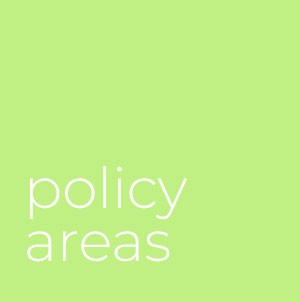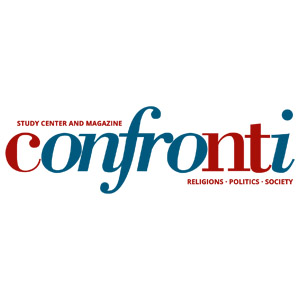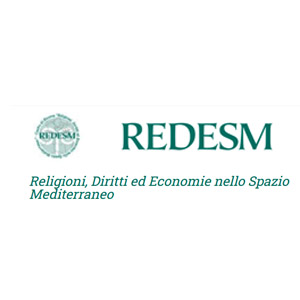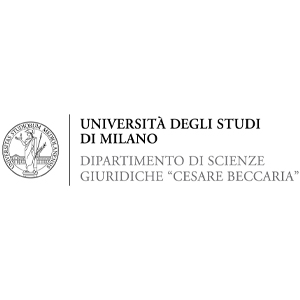The Atlas Manifesto of Religious or Belief Minority (RBM) Rights
1. Promotion of human dignity is only possible through respect for and the full implementation of human rights. The Atlas deems that RBMs are particularly vulnerable groups, whose fundamental rights are likely to be jeopardised. The advancement of their rights entails that RBM members may enjoy, in addition to the rights that are due to all people, specific rights and exemptions that are not due to others.
2. Recognizing these rights to RBM members is a matter of general interest that is beneficial to society as a whole. A society without vital and flourishing RBMs is a religiously poor and politically fragile society, where the full potential of all people cannot be realized and their diverse contributions to the social good cannot be expressed, where interfaith and interreligious dialogue and partnerships cannot develop, and civil, political, social and cultural rights are not firmly rooted.
3. RBMs play a fundamental role in the development of inclusive citizenship and the foundation of social cohesion and stability on respect for diversity, as can be seen in the countries where they are historically part of a nation's culture and identity, contributing to its plural rather than one-dimensional character. There should be no opposition between the notions of citizenship and minority. Therefore, the expression “minority” should not be misused to imply that a group is not as fully part of a nation's culture and identity and individuals who belong to it do not enjoy the same fundamental rights as other citizens.
4. To be effective the promotion of RBM rights must be sustainable, particularly when positive actions are at stake. This requires that the rights of RBM members be carefully and precisely identified. They must be necessary to promote RBM identity; ensure their full participation in social, economic, cultural and political life of a country and particularly in decisions that affect them; avoid discrimination against individuals belonging to RBMs.
5. The rights of freedom of religion or belief (FoRB) and non-discrimination alone are not sufficient to achieve these goals, which may require positive actions on the part of public authorities that go beyond simply guaranteeing freedom of religion or belief and non-discrimination to RBM members.
6. On the other hand there are areas, such as the organizational autonomy of a religious or belief group, where anti-discrimination and FoRB provisions may prove more effective to promote the rights of RBM members than provisions concerning minorities. A holistic approach that combines the two sets of protecting and promoting provisions is the best way to approach the issue of RBM rights.
7. When formulating and implementing policies on RBM rights, governments and other relevant authorities should engage in a direct and constant dialogue with RBMs themselves to ensure that the adopted measures are effective, inclusive, and respond to actual needs of RBMs. Such ongoing and transparent dialogue should be conducted on a basis of mutual respect and non-interference.
8. RBM rights must be promoted on an equal footing. Differences in the promotion of these rights that have no objective justification constitute discrimination.
9. Availing or not availing of the rights recognized to a RBM is a choice of each RBM member that must be respected both by the other members of the minority and by the State itself.
10. The protection afforded by minority rights to religious minorities also extends to belief minorities (atheists, agnostics, humanists, etc.) as long as they face the same challenges faced by religious minorities.

 MENU
MENU














